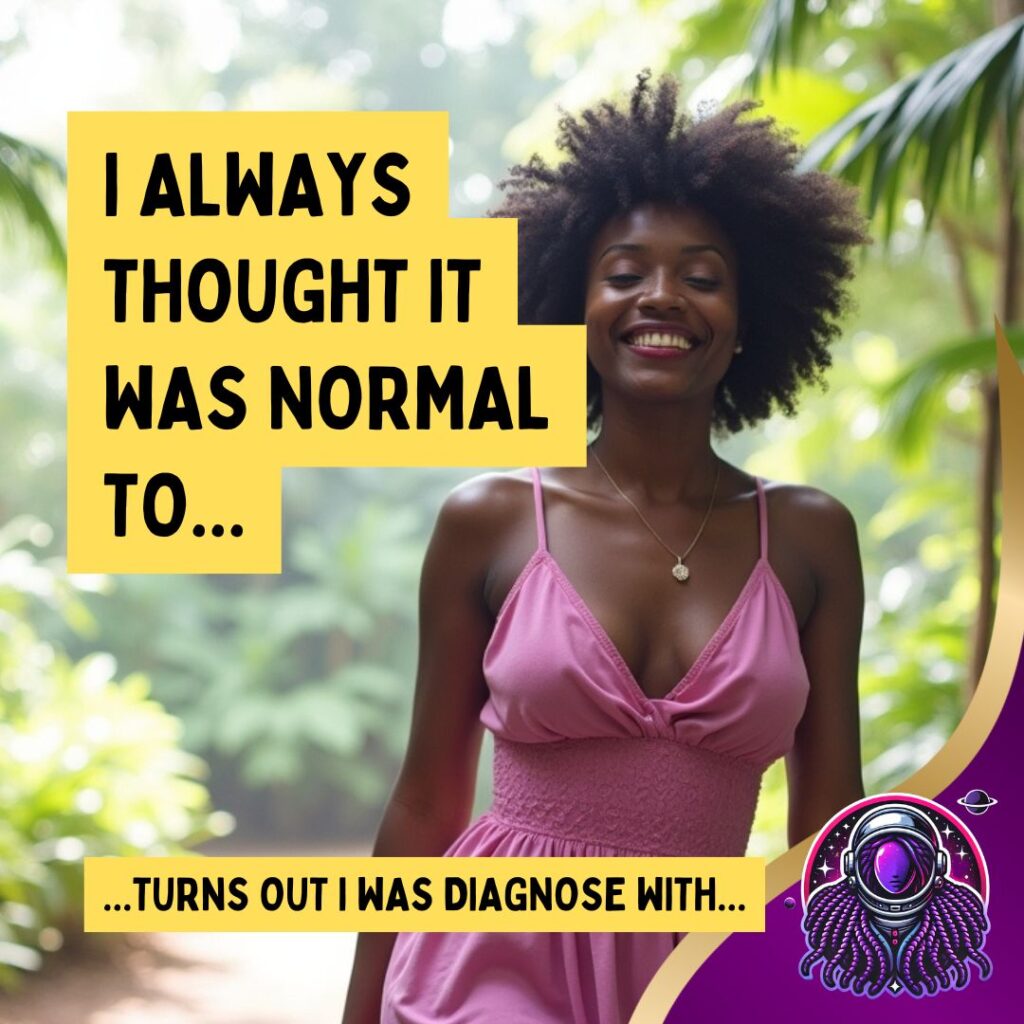Mental health struggles are often unique to each individual, shaped by personal experiences and perceptions of “normal.” Many people only recognize the signs of these struggles after seeking help. Below are insights from individuals who shared their journeys of discovering what they once believed to be normal but later realized were linked to mental health challenges.

1. Phantom Noises and Visual Flashes
Many with undiagnosed mental health conditions assume unusual sensory experiences are normal. One individual shared,
“I thought everyone heard phantom noises—like knocks or low-pitch music—and saw flashes of color. Turns out, they were hallucinations tied to my Bipolar I disorder.”
Insight: Hallucinations can be a symptom of mental health conditions and often go unnoticed due to their subtlety.
2. Striving for Perfection
Obsessive behaviors are often mistaken for perfectionism.
“I brushed off my tendencies as being a perfectionist, but therapy revealed I have a form of OCD called ‘Just Right.'”
Insight: Recognizing obsessive-compulsive patterns can lead to better management strategies through therapy.
3. Misunderstanding Suicidal Thoughts
A lack of mental health education can normalize dangerous thoughts.
“When asked about suicidal thoughts, I said, ‘Well yeah, everyone does.’ I was shocked to learn that wasn’t true.”
Insight: Therapy helps distinguish between common emotional challenges and critical mental health concerns.

4. Intense Emotions and ADHD
Strong emotional reactions and difficulties concentrating can signal deeper issues.
“I thought everyone felt crushing sadness or boiling rage over minor inconveniences. Later, I was diagnosed with Borderline Personality Disorder and ADHD.”
Insight: Early diagnosis can help manage symptoms and improve emotional regulation.
5. Social Imitation and Asperger’s Syndrome
For some, social interactions are a learned skill.
“I thought everyone carefully observed and imitated others to behave in public. Turns out, I have Asperger’s Syndrome.”
Insight: Autism spectrum disorders often present unique challenges in social settings.

6. Freezing During Conflict
Paralyzing fear during disagreements may be a trauma response.
“I thought freezing in conflict was normal, but it was a sign of unresolved trauma.”
Insight: Therapy can help address and alleviate these responses.
7. Obsessive Thoughts While Driving
For some, anxiety manifests in repetitive actions.
“I would count objects while driving or clench my teeth in rhythm, thinking it was normal. This was my brain trying to self-regulate.”
Insight: These behaviors can indicate underlying anxiety disorders.

8. Hypervigilance as Emotional Intelligence
Chronic hyper-awareness is often mistaken for empathy.
“I was praised for my emotional intelligence, but it was actually hypervigilance from past trauma.”
Insight: Trauma responses often mimic heightened emotional sensitivity.
9. Flashbacks and Nightmares
Trauma often disguises itself in recurring thoughts and dreams.
“I thought my flashbacks were just cringe moments, but they were linked to PTSD.”
Insight: Distinguishing between normal memories and trauma flashbacks is crucial for healing.

10. Emotional Disconnect
Medications can provide clarity in overwhelming emotions.
“I didn’t realize how disconnected I was until medication helped me feel emotions normally.”
Insight: Treatment can dramatically improve the quality of life for those with anxiety or depression.
Mental Health
Recognizing mental health struggles often begins with questioning what feels “normal.” Therapy, self-reflection, and community support play a vital role in uncovering and managing these challenges. If you resonate with these experiences, consider seeking professional help or joining a support group.
Wellness Tip: If you’re struggling with mental health concerns, reach out to a trusted professional. Remember, you are not alone, and help is available.


